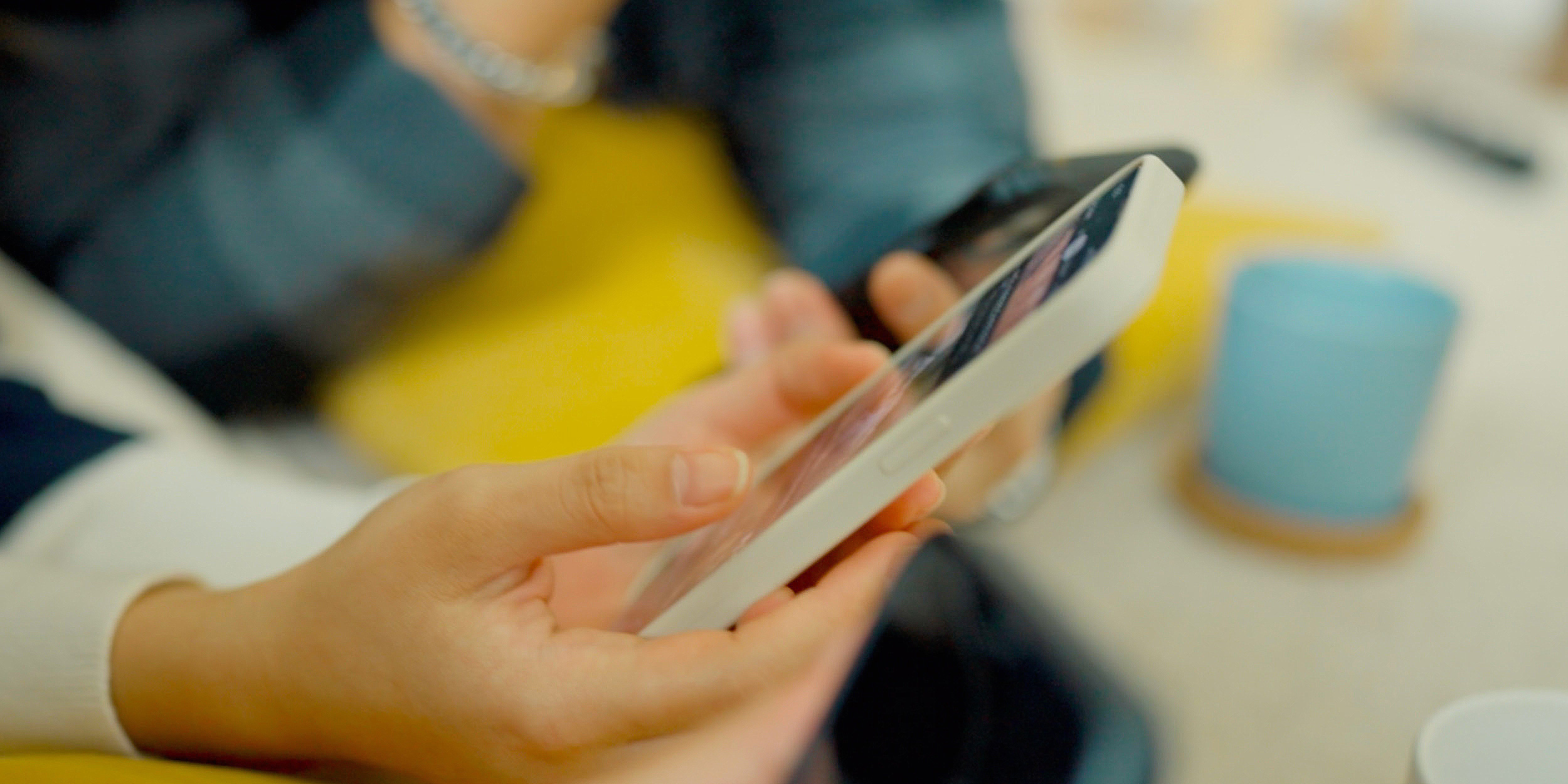EDC to Launch Digital Wellness Initiative

EDC has been selected to establish and lead a new initiative, the Metrowest Digital Wellness Collaborative (Collaborative), funded by the MetroWest Health Foundation. Over the next three years, EDC’s team will work to identify community-driven strategies to promote digital wellness among children and adolescents in the MetroWest region of Massachusetts.
Through the Collaborative, EDC will partner with parents, young people, and staff from schools and community organizations to develop innovative strategies and programs focused on promoting digital wellness. As part of the work, EDC will conduct a comprehensive assessment of digital wellness efforts and student needs.
“Young people themselves acknowledge that there are both benefits and harms of living in a world where digital devices and social media are ever present,” says EDC’s Shari Kessel Schneider, co-project director. “But focusing solely on restricting use is not realistic in a digitally connected world. Promoting ‘digital wellness’ instead can help young people build skills to navigate technology in ways that foster positive social relationships, healthy engagement within online communities, and their own mental and emotional well-being.”
The Digital Wellness Lab at Boston Children’s Hospital defines digital wellness as “a positive state of mental, physical, and social-emotional health pursued through intentional, authentic, and balanced engagement with technology and interactive media.” Helping young people learn skills to use technology appropriately—including managing
their own use and monitoring their feelings about the content they are seeing—are critical in an era when many pre-teens and teens have access to cell phones and social media.
In fact, research has shown that frequent social media use is associated with poor mental health. For example, data from the 2023 MetroWest Adolescent Health Survey—which EDC administered to 40,000 middle and high school youth in 25 communities—found that students who spend three or more hours on social media daily are 1.4-1.7 times more likely to experience anxiety than students who spend fewer hours on social media. Students also reported that their use of digital media negatively impacts their attention in school, their sleep patterns, and even their relationships at home.
However, the students who responded to the survey also reported some benefits of social media use. They reported that social media can help them feel more connected to peers, receive support during challenging times, and be able to take action online about issues that are important to them.
The project’s focus on digital wellness acknowledges both the pros and cons of communicating through digital tools. It also sets young people up for healthier use of these tools, says Athi Myint-U, co-project director and a senior instructional designer at EDC.
Myint-U notes that, “We think there is a tremendous appetite for programs that help teens, parents, and educators understand and learn how to use technology in healthy ways, and we look forward to working with the MetroWest communities to create new, innovative solutions.”
We invite you to learn more about EDC’s work to ensure Child Health & Safety and promote Mental Health & Wellbeing.






